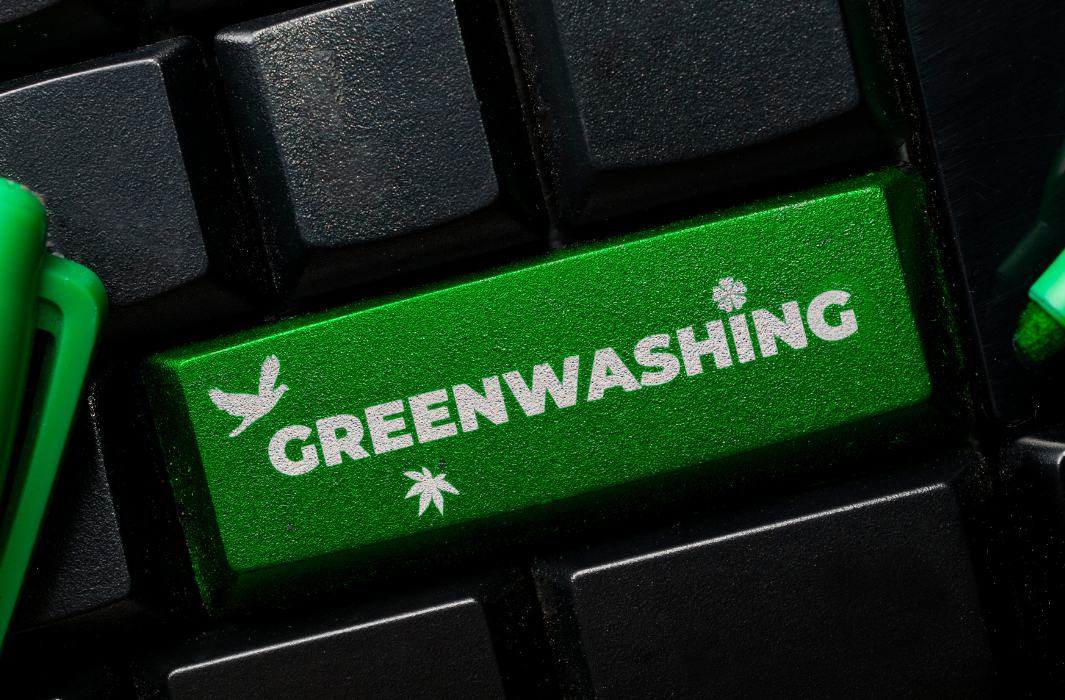A recent study published by the Centre for Governance and Sustainability at the National University of Singapore Business School gives consumers reason to be sceptical about green product claims.
Titled “Promoting Best Practices in Online Marketing: An Examination of Greenwashing in Singapore”, the study is supported by Competition and Consumer Commission of Singapore (CCCS).
It investigates the prevalence of greenwashing in e-commerce in Singapore, that is, claims that products are more environmentally friendly or sustainable than they really are.
The study found greenwashing in the form of unsubstantiated claims in 51 per cent of sampled products.
These claims use vague terms and lack sufficient supporting information. The study also found the use of technical jargon to mislead consumers in 14 per cent of sampled products.
What does this mean and what should consumers and companies do?
CONSUMERS’ ROLE
To consumers, it may seem like there’s been an increasing number of “green” products but also a proliferation of greenwashing claims. Both can be true at the same time.
As climate conscious consumers demand more sustainable products, companies have been jumping on the bandwagon to meet this demand.
However, while some companies explore product innovation to create more sustainable products, other companies may capitalise on the marketing opportunity without actually backing up their claims with action.
In all fairness, greenwashing may sometimes be unintentional, as companies could be unfamiliar with how to market their sustainability efforts responsibly and properly.
Amid increasing awareness and concern about the climate crisis, especially amongst younger consumers, studies have found that consumers are willing to pay a premium for more environmentally friendly products to reduce their individual impact on climate change.
But before consumers do so, they should also evaluate environmental claims with a critical eye.
When a company makes a claim, what are they choosing to say and what are they trying to obscure from customers?
Are consumers able to reasonably deduce, from the information provided, how the environmental impact of a particular product differs from another similar product? Are the claims clear and specific?
For example, fashion chain H&M has been repeatedly called out for alleged greenwashing, notably due to its Conscious Collection which claims to be more sustainable.
Critics say that it uses vague and generic claims that do not provide sufficient information about the sustainability of the products in the collection, such as the exact percentage of recycled content used.
The type and amount of recycled content can have important implications for the overall environmental impact of a product.
To provide a more accurate representation of a product, companies should quantify and qualify its environmental impact, for example by specifying its exact material composition and explaining the environmental benefits of such attributes.
Consumers vote with their wallets and in this way can exert significant influence on businesses.
In more extreme cases, consumers have sued brands for greenwashing. For example, consumers started a class-action lawsuit against American coffee company Keurig for inaccurately marketing its coffee pods as recyclable despite the pods not being widely recyclable in many communities.
The settlement required Keurig last year to pay US$10 million (S$13.4 million) and qualify any claims on recyclability.
BUSINESSES’ ROLE
While consumers can do their part, they also cannot be expected to become experts on climate change overnight.
The onus is on businesses to be transparent and substantiate their claims well, instead of capitalising on consumers’ lack of technical knowledge to market a product.
It is critical that the claims or what is implied by the claims do not overstate the positive environmental impact of the product or their overall business.
Businesses should maintain a balance between genuine action and clear communication on sustainability.
The reputational risk of being called out for greenwashing means that companies should exercise caution and restraint in advertising green claims.
With transparency, businesses can also boost their reputations and build consumer trust.
Take the example of Lego, the Danish toy company.
It candidly announced a recent setback experimenting with new sustainable materials.
The company had previously marketed breakthroughs in developing Lego bricks using recycled polyethylene terephthalate plastic. But after testing, it found the environmental impact to be less positive than anticipated.
Lego’s openness was generally well received, in contrast to other companies that would quietly backtrack on public commitments by taking down statements previously published online.
Over time, normalising such open practices can build a culture of honest communication around sustainability efforts, making it easier for society to track progress on climate action.
It is a positive sign that businesses are responding to consumer demands for environmentally friendly products, but how they choose to respond varies.
ROLE OF REGULATIONS
Regulations targeting greenwashing will be key in addressing the current situation in Singapore.
They deter businesses from greenwashing and empower consumers and civil society advocates to hold businesses accountable.
Regulations should also be supported by enforcement and clear guidance that reduces ambiguity around what constitutes greenwashing.
Currently, the Consumer Protection (Fair Trading) Act allows consumers to take legal action against companies engaging in unfair practices.
CCCS is developing guidelines to clarify environmental claims that could be considered unfair practices under the Act.
The Federal Trade Commission regulates greenwashing in the United States and has published Green Guides outlining principles on environmental marketing, and substantiation and qualification of claims to ensure responsible communication to consumers.
The proposed European Union “Green claims” directive will ban several marketing practices related to greenwashing such as using generic claims without substantiation and claims made based on greenhouse gas emissions offsetting programmes that a product has neutral, reduced or positive environmental impact.
Some critics assert that carbon neutral claims are scientifically inaccurate and function as a smoke screen making companies appear more committed to climate action than they may be.
The proposed directive is seen as a step to protect consumers and facilitate purchasing decisions to empower consumers in the green transition.
Singapore can draw on these regulations as practical examples of how legislation can be implemented to combat greenwashing. Aligning our regulations with other markets also contributes to standardisation across markets, providing more clarity for businesses and imposing a stronger mandate against greenwashing.
As consumers, businesses and regulators direct more attention to greenwashing and climate action, we will start to see more advancement on these fronts. We can remain cautiously optimistic about increasing developments and progress in the green transition.
The article first appeared in TODAY.




